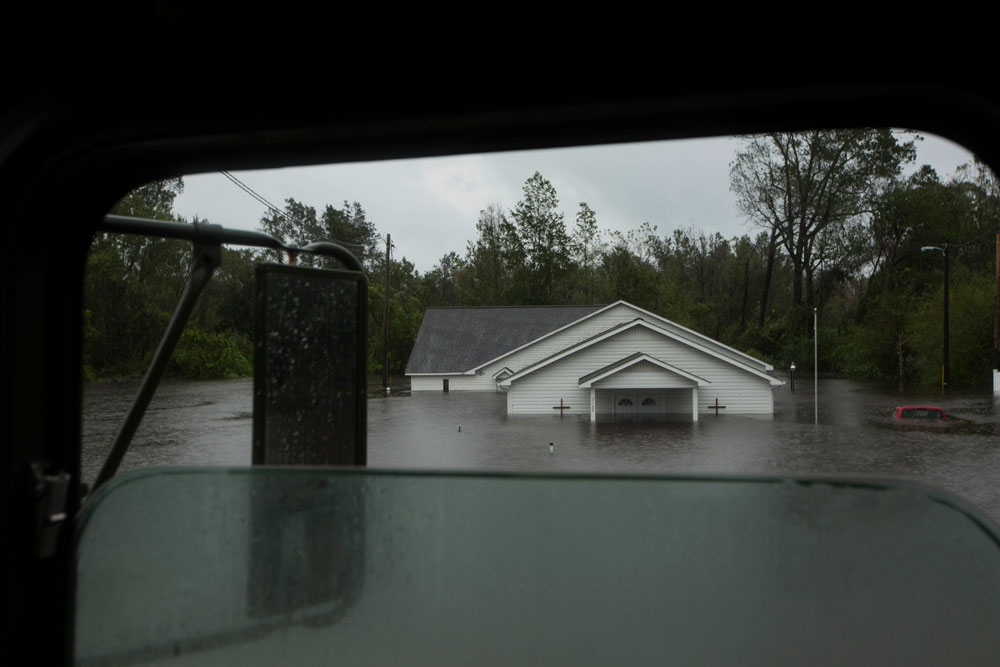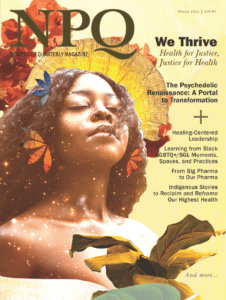
February 6, 2020, Washington Daily News (Washington, NC)
After a disaster, it’s easy to find pictures of victims and 20-second interview clips. Following that, there’s the gathering of data—about the storm, the damage, the cost, the rebuilding. What goes missing are the longer-term, individual stories from the hearts of communities, the emotional rollercoaster the survivors go through. A church and a nonprofit have partnered to gather those storm stories.
The nonprofit, Working Narratives, has partnered with Spring Garden Missionary Baptist Church to record the stories of those individuals who dealt with Hurricane Florence. Working Narratives is an arts organization out of Wilmington, North Carolina, with revenue of about $400,000 and a mission to “work with movements to tell great stories that inspire, activate and enliven our democracy.” They believe social movements thrive “when they draw on participants’ personal experiences and local cultures.”
Hurricane Florence hit North Carolina on September 12, 2018, bringing days of rain and wind. Wilmington itself received 26.58 inches of rain. It was the wettest tropical cyclone ever recorded to ever hit the Carolinas. Fifty-one people died, and there was overwhelming damage, such as the $100 million in New Bern, which has a population of 30,000.
Sign up for our free newsletters
Subscribe to NPQ's newsletters to have our top stories delivered directly to your inbox.
By signing up, you agree to our privacy policy and terms of use, and to receive messages from NPQ and our partners.
Stories on the news about New Bern’s flooding do not have time to give voice to the broader population and how they were affected. Working Narratives seeks to record the resilience of the diverse cultures in the community who survived the major hurricane, which includes indigenous people, people of color, and even transplanted retired Northerners living in North Carolina.
Last Saturday, an event at the church saw Working Narratives spending the morning recording detailed personal impact stories. People were encouraged to bring their pictures, cell phone shots, and any artifacts related to their Hurricane Florence experience. The storm stories will become podcasts and will be available to the public on iTunes.
Even in this highly technological era, an individual voice still has power. According to the Baylor University Institute for Oral History, “Oral history brings depth to our understanding of the past by carrying us into experience at an individual level.”
“What we’ve learned as we’ve gathered stories is that while the national media and many communities moved on after Florence, others struggled,” said Nick Szuberla, executive director of Working Narratives. “We believe hearing from those closest to an issue is critical to keeping members of the public, policymakers, and philanthropists informed. By telling stories, we build bridges where none existed.”—Marian Conway













